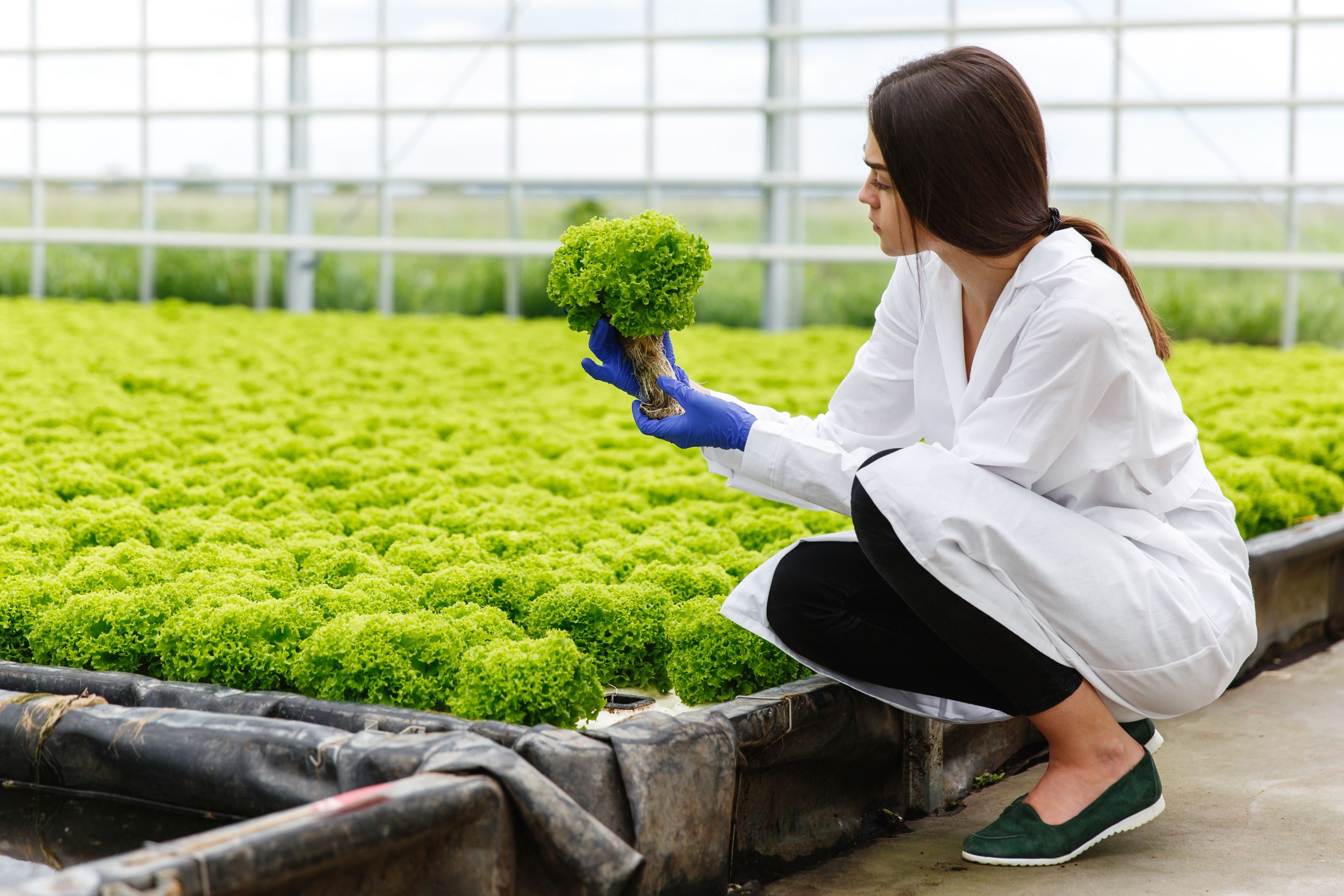Advanced Harvesting Techniques: The Role of Technology in Making Algae Biofuels Viable

As the global demand for sustainable energy sources grows, algae-based biofuels have emerged as a promising alternative to traditional fossil fuels. However, to make these biofuels commercially viable, one of the most critical challenges is the efficient and cost-effective harvesting of algae. Advanced harvesting technologies are key to overcoming this hurdle, enabling large-scale production of algae biofuels. This blog explores the latest technological innovations in algae harvesting and how the AiDOOS platform can help organizations implement these technologies to maximize efficiency and sustainability.
Challenges in Algae Harvesting:
Harvesting algae is a complex process that involves separating the algae biomass from the water in which it grows. Traditional methods, such as centrifugation and filtration, are often energy-intensive and costly, making large-scale production challenging.
Data Point: According to a report by the National Renewable Energy Laboratory (NREL), harvesting can account for up to 30% of the total production cost of algae biofuels.
The Need for Technological Innovation:
To make algae biofuels economically viable, it is essential to develop and implement advanced harvesting technologies that reduce energy consumption, lower costs, and increase yield. These innovations are crucial for scaling up production and meeting the growing demand for sustainable biofuels.
Electroflocculation:
How It Works: Electroflocculation uses an electric field to cause algae cells to aggregate, forming larger particles that can be more easily separated from water. This method is energy-efficient and can significantly reduce the cost of harvesting.
Advantages: Electroflocculation is particularly effective for large-scale operations, as it requires less energy and infrastructure compared to traditional centrifugation methods. Additionally, it can be combined with other processes, such as filtration, to further enhance efficiency.
Case Study: OriginClear, a company specializing in water treatment technologies, has successfully implemented electroflocculation in algae harvesting, achieving a 25% reduction in energy consumption and a 15% increase in biomass recovery.
Magnetic Separation:
How It Works: Magnetic separation involves the use of magnetic nanoparticles that bind to algae cells. When exposed to a magnetic field, these particles allow for quick and efficient separation of algae from water.
Advantages: This method is highly efficient and can be used in continuous processing systems, making it ideal for large-scale biofuel production. Additionally, the magnetic nanoparticles can be recycled and reused, reducing material costs.
Case Study: Researchers at the University of Colorado Boulder have developed a magnetic separation system that significantly improves the efficiency of algae harvesting, reducing processing time by 30% and lowering operational costs.
Ultrafiltration:
How It Works: Ultrafiltration uses a membrane with microscopic pores to separate algae cells from water. This process is highly effective at removing impurities and producing a concentrated algae biomass.
Advantages: Ultrafiltration is energy-efficient and can be integrated into existing processing systems. It also produces high-quality biomass, which is essential for biofuel production.
Case Study: A biofuel company implemented ultrafiltration technology in its algae harvesting process, resulting in a 20% increase in yield and a 15% reduction in energy use.
AI-Driven Process Optimization:
Technology Application: Artificial intelligence (AI) plays a crucial role in optimizing the algae harvesting process. AI systems can analyze real-time data from sensors and adjust parameters such as electric field strength, magnetic intensity, or filtration pressure to maximize efficiency.
Example: An algae biofuel producer used AI-driven optimization to reduce energy consumption by 20% during the harvesting phase, while maintaining high biomass quality.
Case Study: A pilot project that integrated AI into electroflocculation systems achieved a 15% increase in harvesting efficiency, demonstrating the potential of AI to enhance algae biofuel production.
Automation in Harvesting Systems:
Technology Integration: Automation technologies, such as robotic systems and automated control systems, are transforming the algae harvesting process. These systems reduce labor costs, improve precision, and increase throughput, making large-scale production more feasible.
Example: A company specializing in algae biofuels implemented automated magnetic separation systems, resulting in a 25% increase in processing speed and a 10% reduction in operational costs.
Comprehensive Technology Solutions:
The AiDOOS platform provides a suite of technological solutions that integrate advanced harvesting techniques with AI and automation tools. This unified approach enables organizations to optimize their algae harvesting processes, reduce costs, and scale operations efficiently.
Platform Features: Real-time monitoring, predictive analytics, and automated control systems are key features of the AiDOOS platform, ensuring that algae biofuel producers can maximize efficiency and maintain high production standards.
Benefits: By leveraging the AiDOOS platform, companies can streamline their harvesting processes, reduce energy consumption, and improve overall productivity, making algae biofuels more commercially viable.
Customizable and Scalable Solutions:
The AiDOOS platform is designed to be flexible and scalable, allowing organizations to tailor the technology to their specific needs. Whether you're running a small pilot project or a large-scale operation, AiDOOS provides the tools and support needed to achieve success.
Example: A mid-sized biofuel company used the AiDOOS platform to scale its harvesting operations, achieving a 50% increase in biomass yield within a year.
Ongoing Support and Integration:
AiDOOS offers comprehensive support to ensure smooth integration of advanced harvesting technologies into existing systems. From initial setup to continuous optimization, AiDOOS partners with organizations to drive successful algae biofuel production.
Client Success: Testimonials from clients highlight the significant improvements in harvesting efficiency and cost reduction after adopting the AiDOOS platform.
Advanced harvesting technologies are critical to making algae-based biofuels a viable alternative to fossil fuels. By integrating innovative techniques such as electroflocculation, magnetic separation, and ultrafiltration with AI and automation, organizations can significantly improve efficiency, reduce costs, and scale their operations. The AiDOOS platform offers a comprehensive solution that enables biofuel producers to implement these cutting-edge technologies, driving the transition to a more sustainable energy future. Embrace the power of advanced technology with AiDOOS and take your algae biofuel production to the next level.

For modern telecom enterprises, delivering exceptional QoS is no longer optional—it’s a brand differentiator and a strategic lever for growth. Static provisioning models won’t cut it in a world of hyper-dynamic data usage.